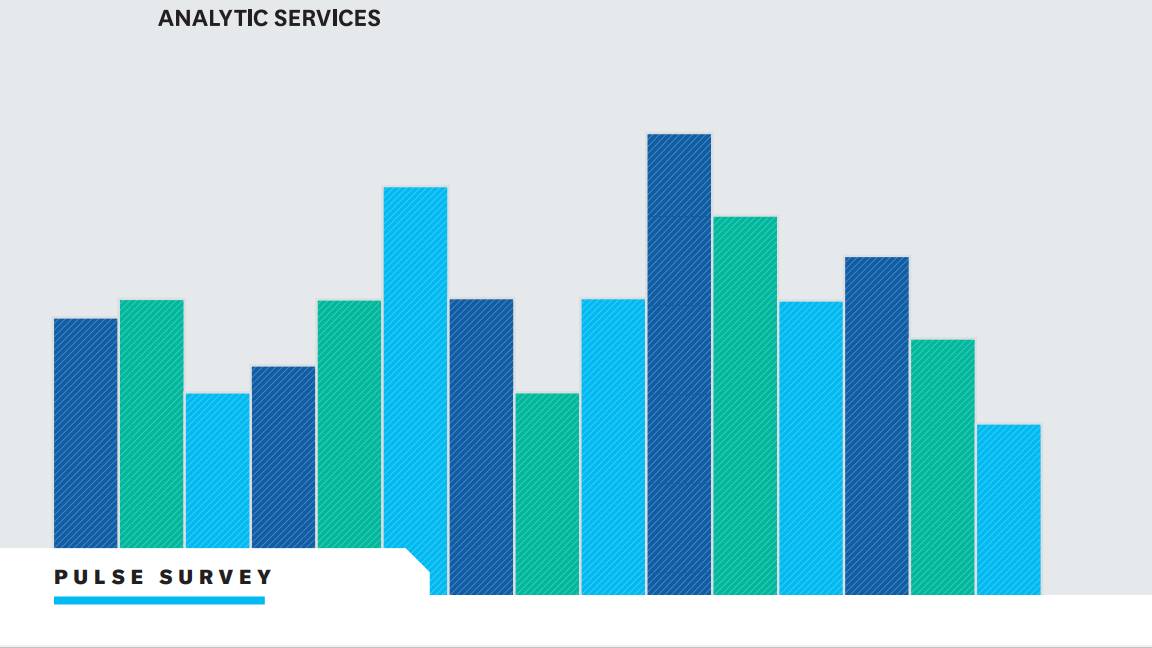Semiconductor shortage will likely last until 2025, expert claims
Ondrej Burkacky says investment in the sector cannot yield results in the short term, and government spending is not a silver bullet


The global semiconductor supply chain may be unable to return to normal operation until at least 2025, one expert has claimed.
Since 2020, the semiconductor industry has faced lingering disruption, initially sparked by a slow down in manufacturing during the height of the pandemic.
At its nadir in January, the United States was said to have less than five days worth of semiconductors in its stockpile. In the two years since, semiconductor manufacturers have looked to ramp up production, but some in the field say this won’t help in the short term.
“So it still takes you a minimum of three years to ramp up a new semiconductor facility,” said Ondrej Burkacky, senior partner at McKinsey’s Semiconductor Practice, speaking on the IT Pro Podcast.
“And that's already a pretty short timeframe; in many geographies, it's more like five years that it takes you to get all the approvals to construct it, to bring in the tools to ramp up to a full yielded product.”
Given the length of time that it takes to get semiconductor sites planned, built, and put into operation, manufacturers are also faced with a great deal of uncertainty over the demand of the market they will be selling to down the line. The sudden impact of the pandemic took most of the world by surprise and didn’t fit into business projections, and similarly impactful crises such as the invasion of Ukraine or the increasing cost of living crisis make markets uncertain.
“When you have such timeframes, like three to five years to build out a product production facility, you need to be damn sure that you have the demand in place," said Burkacky.
Get the ITPro daily newsletter
Sign up today and you will receive a free copy of our Future Focus 2025 report - the leading guidance on AI, cybersecurity and other IT challenges as per 700+ senior executives
This outlines the high risks for semiconductor manufacturers investing today, who need to accurately predict demand several years down the line to inform current decisions. Despite this, Burkacky states that businesses that correctly anticipate this demand and play into the right markets could come out on top come 2025.
“So this can take well into 2024 or even 2025 until this gets fully sorted out. But there are ways for players to optimise their sourcing, there are ways for them to commit to more longer term supply agreements," said Burkacky.
RELATED RESOURCE

“I think going forward, while there still might be a certain shortage, there will be ways for players to excel here and be able to source the semiconductors they need, versus others who might still struggle.”
Automotive manufacturers responded to the unprecedented low demand for cars during the worst months of the pandemic by cancelling large orders of chips, and weathered huge losses in 2021 as a result. Only now is it re-establishing chains to return to pre-pandemic production levels, and is limited by the same turnaround as any other semiconductor production.
“One of the reasons why the automotive industry got struck so hard by the chips shortage is because they had basically no inventory along the entire value chain that they could survive from,” noted Burkacky.
Seeking to ease the supply strains experienced by the industry, a number of governments have looked to subsidy packages for semiconductor manufacturers. The US recently passed the CHIPS for America Act, which provided approximately $54 billion in subsidies for chip factories such as Intel’s proposed site in Ohio.
Just last week, Intel further announced $30 billion plans to expand its Arizona chip plant, citing the importance of robust supply.
The EU is also moving forward with its own Chips Act, which is expected to provide up to €43 billion to further safeguard semiconductor supply on the continent. Geopolitical tensions between the US and China have also led the latter to move towards consolidating its domestic semiconductor supply chain.
A recent US trip to Taiwan, to discuss the passage of the CHIPS act with Taiwan Semiconductor Manufacturing Co (TSMC) resulted in a flurry of cyber attacks on Taiwanese government websites, originating from China and Russia.
In a final word of warning from Burkacky, he acknowledged that although government investment is clearly driving investment from some companies, it will not accelerate overall supply chain recovery.
"Just because you have a Chips Act in place doesn't mean that the day after there is no more shortage, right? As I said before, there is still the physics of three to five years to build a semiconductor plant.”
A full interview with Ondrej Burkacky can be heard on the IT Pro Podcast.

Rory Bathgate is Features and Multimedia Editor at ITPro, overseeing all in-depth content and case studies. He can also be found co-hosting the ITPro Podcast with Jane McCallion, swapping a keyboard for a microphone to discuss the latest learnings with thought leaders from across the tech sector.
In his free time, Rory enjoys photography, video editing, and good science fiction. After graduating from the University of Kent with a BA in English and American Literature, Rory undertook an MA in Eighteenth-Century Studies at King’s College London. He joined ITPro in 2022 as a graduate, following four years in student journalism. You can contact Rory at rory.bathgate@futurenet.com or on LinkedIn.
-
 Bigger salaries, more burnout: Is the CISO role in crisis?
Bigger salaries, more burnout: Is the CISO role in crisis?In-depth CISOs are more stressed than ever before – but why is this and what can be done?
By Kate O'Flaherty Published
-
 Cheap cyber crime kits can be bought on the dark web for less than $25
Cheap cyber crime kits can be bought on the dark web for less than $25News Research from NordVPN shows phishing kits are now widely available on the dark web and via messaging apps like Telegram, and are often selling for less than $25.
By Emma Woollacott Published
-
 Predicts 2024: Sustainability reshapes IT sourcing and procurement
Predicts 2024: Sustainability reshapes IT sourcing and procurementwhitepaper Take the following actions to realize environmental sustainability
By ITPro Published
-
 Advance sustainability and energy efficiency in the era of GenAI
Advance sustainability and energy efficiency in the era of GenAIwhitepaper Take a future-ready approach with Dell Technologies and Intel
By ITPro Published
-
 2024 State of procurement report
2024 State of procurement reportWhitepaper The trends shaping the future of business buying
By ITPro Last updated
-
 Digital optimisation paves the way to strategic supplier management
Digital optimisation paves the way to strategic supplier managementWhitepaper Procurement’s role as a strategic driver
By ITPro Published
-
 Bringing order to the file management chaos plaguing AEC firms
Bringing order to the file management chaos plaguing AEC firmswhitepaper How a cloud-based solution, supported by edge technology, helps architecture, engineering, and construction firms boost performance and cut costs
By ITPro Published
-
 File data services to support modern manufacturing
File data services to support modern manufacturingwhitepaper Smart file data services deliver resilience and intelligence to the modern manufacturing organization
By ITPro Published
-
 Innovation in product development
Innovation in product developmentwhitepaper The latest data on how successful product development teams collaborate to build the future
By ITPro Published
-
 The small and medium business guide to buying
The small and medium business guide to buyingWhitepaper Optimising purchasing to save in 2024
By ITPro Published